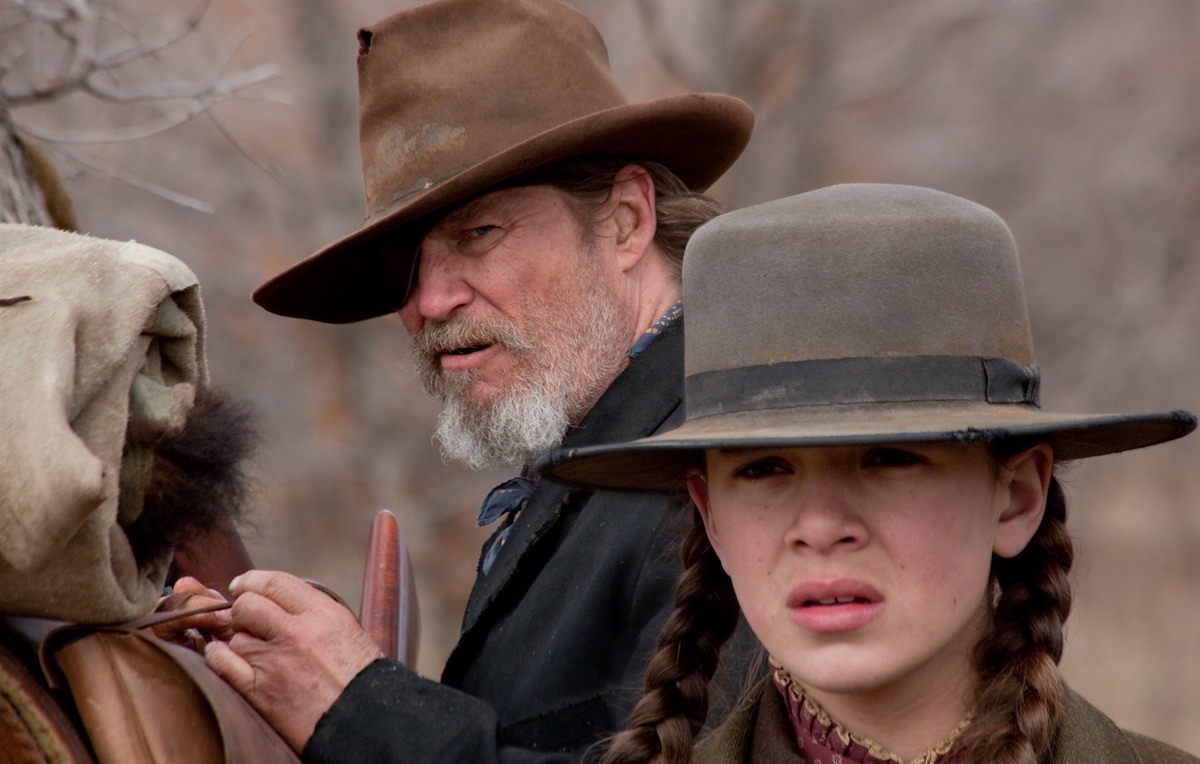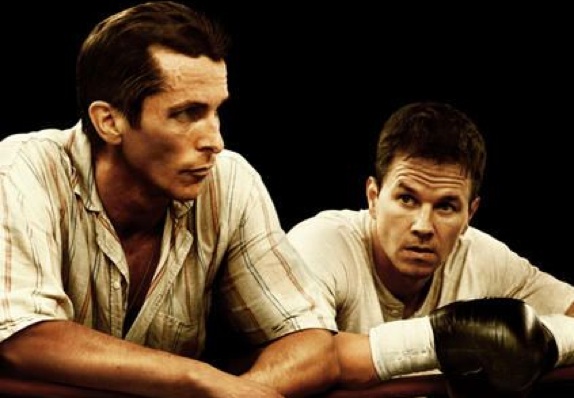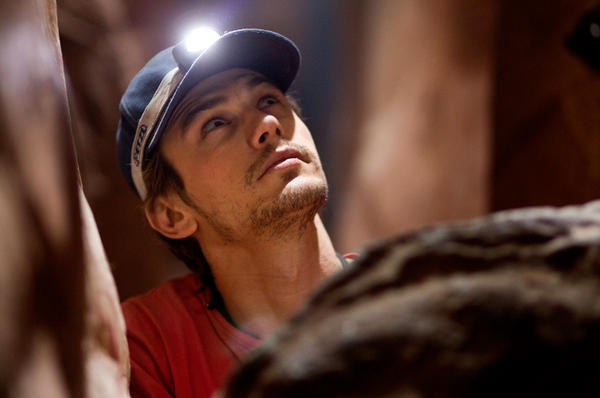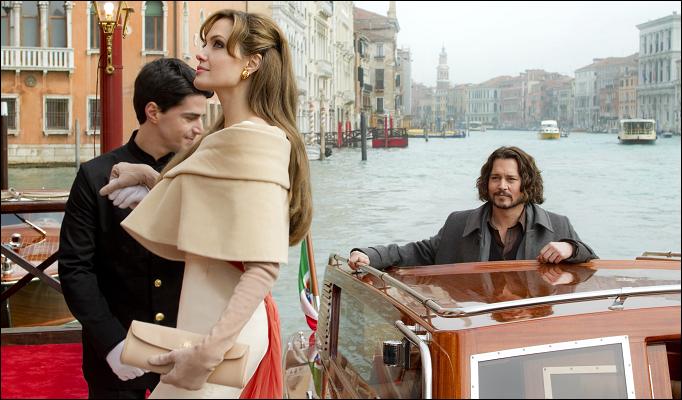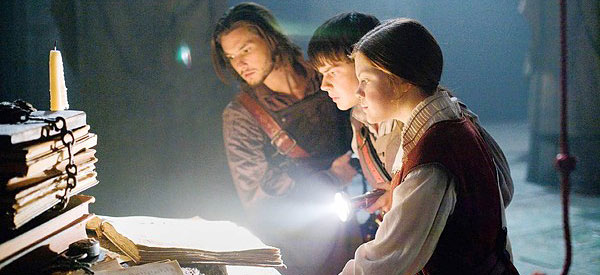
Picture a movie in which everyone is mocking themselves, but doing it so deftly that you think they don’t know that they are mocking themselves. It must have been crazy hard to do this, but every one of the actors in this film pulled it off. When Matt Damon declared that Texas Rangers are “ever stalwart,” the whole audience loses it, but Damon’s character LaBoeuf is, well, simply stalwart.
Quite a lot of people are shot to death in this movie. Quite a lot of audience members are constantly clearing their throats, trying to get Mr. Bridges to clear his. Or was that just me? As US Marshal Cogburn, Bridges is spectacular. His gravelly, indistinct voice drove me to distraction, but it was just the thing for a US Marshal who shoots bad guys as a matter of course, without thought, without lingering emotion.
Ms. Steinfeld, as 14-year-old Mattie Ross, is horribly , awfully, and perfectly the quintessential Prude Vigilante, if such a thing can be imagined. She does it with finesse, with stark plainness, and with a vocabulary and delivery that brought every laugh from chuckles to guffaws from our audience.
The story is that Mattie’s father was recently killed by Tom Chaney. Mattie wants to avenge her father’s death. She hires the Marshal to hunt him down, but because she doesn’t trust him, she goes along for the ride. That’s the whole thing: young girl out with the one-man (soon to be two-man) posse.
The only question I had before going to this movie with my Louis L’Amour loving husband was whether I would be able to keep myself from dying of tedium during a (choke, gasp) Western. The dusty Main Street, the saloon, the sheriff, the horses. I went so that I could write this short review, not because I wanted to see the movie, and this is coming from a serious Damon fan.
The true grit that is eventually shown is remarkable, sweet, and memorable. I was touched by Marshal Cogburn’s tenacity in an overwhelming situation in which he gives himself for another.
I can’t say that I loved it, but I can say that I was intrigued from beginning to end, that I was interested in the character’s behavior , conversations, and marksmanship throughout. I also loved the soundtrack with the continual refrain of “Leaning on the Everlasting Arm,” until the very end, when a grating female voice finally comes in with the vocals and ruins it all. Our audience actually burst into laughter when this happened, and I didn’t blame them. I didn’t laugh, but I did cringe.
Not for children. Too many corpses, too much shooting, too much hanging. (Not too much for the film, but too much for children to watch.)
People who enjoy Westerns as a genre will like this. People who like movies in general will probably be okay with it. The tricky part will be for the Western-lover to determine whom to take along. The wrong choice in a date here could be fatal to the relationship. I’m going to say make it a guys’ night out. Girls are really not going to love this movie.
